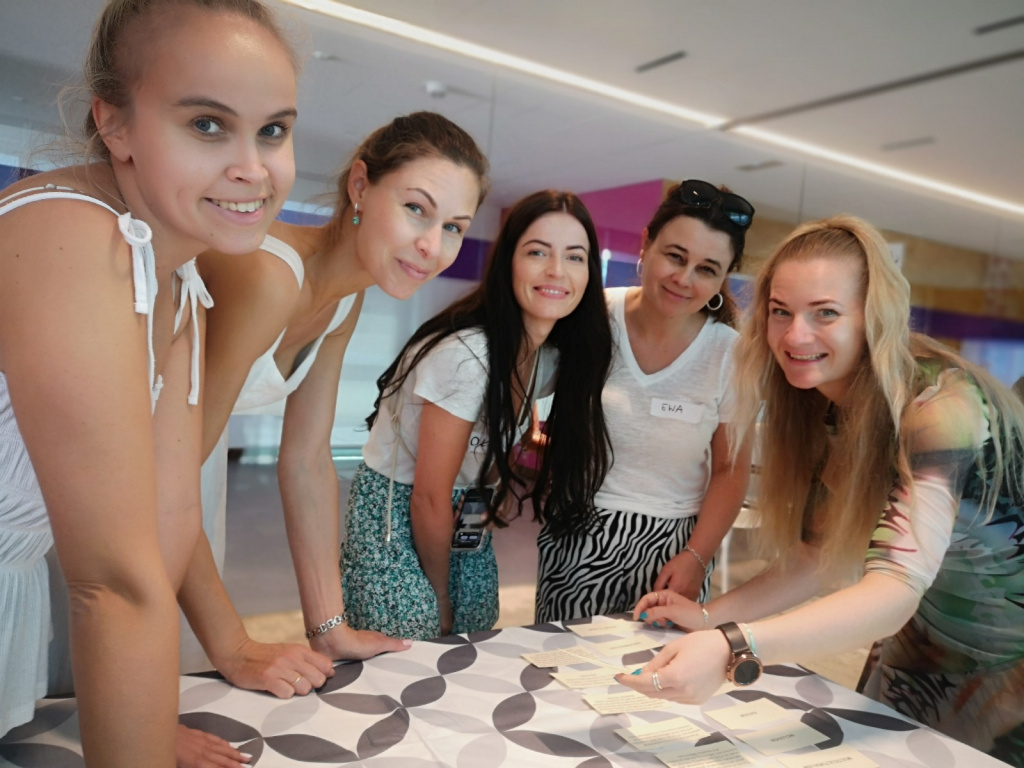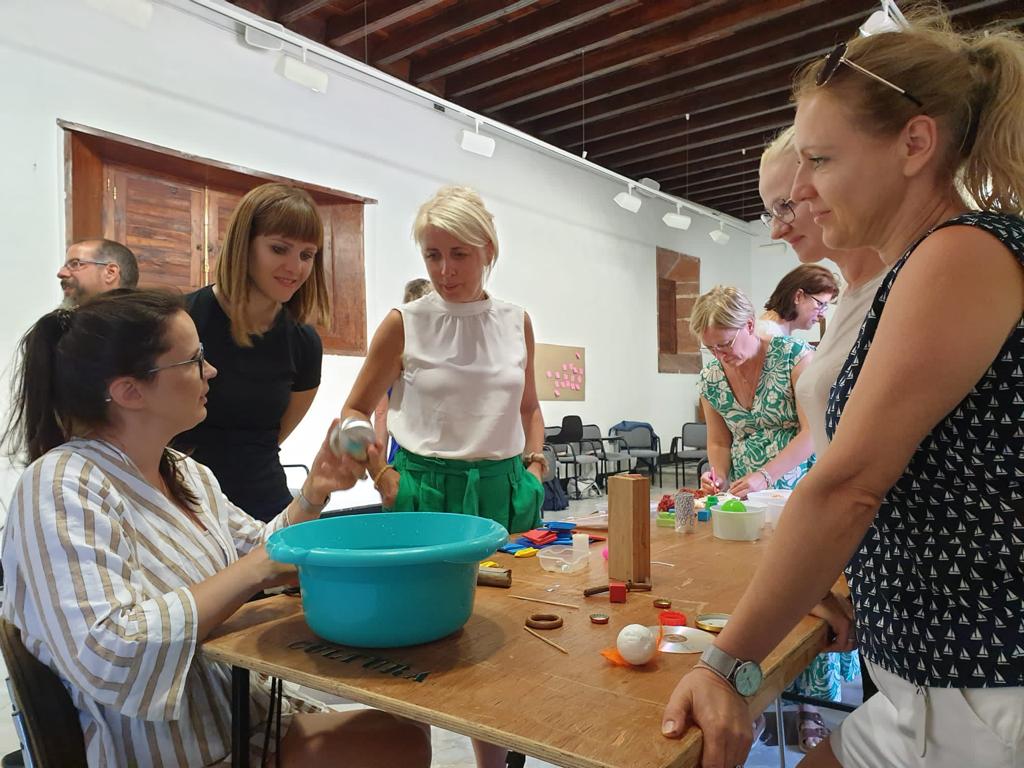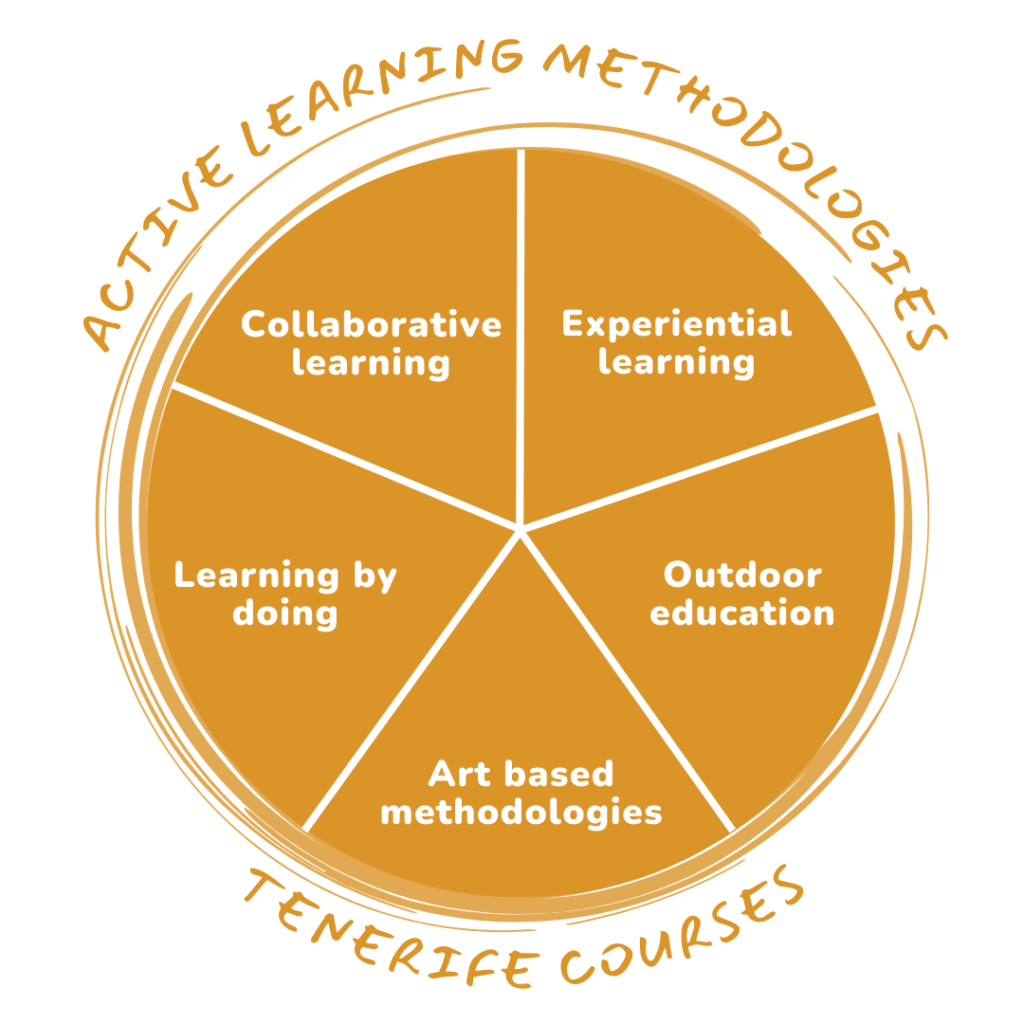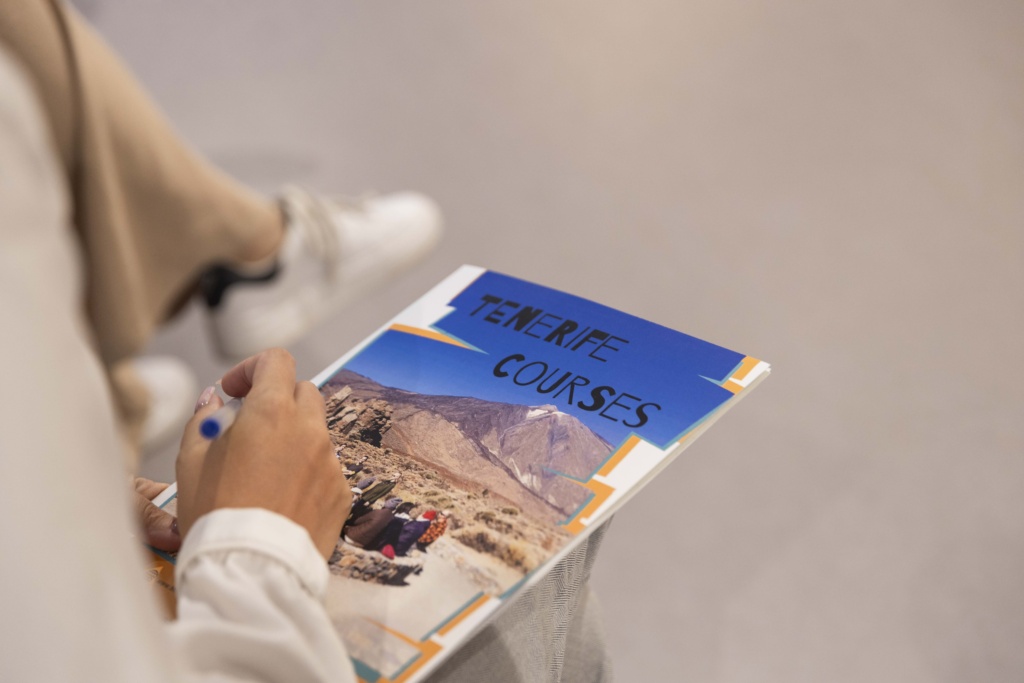Creative teaching techniques to promote inclusive education
Taking into account the current situation with migrants, refugees, asylum seekers and post-crisis families with low socio-economic background, teachers need to develop their personal and social skills in order to be able to promote inclusive education.
This training course is for teachers who want to learn about different alternative methodologies that can be used to adapt teaching to the needs of learners from vulnerable backgrounds and have an inclusive approach in class. Teachers will learn how to apply various active learning methods in order to promote inclusion, tolerance, diversity and critical thinking. They will learn low-budget exercises and experiments that can be used to increase motivation, engagement and sense of belonging of learners, irrespective of their cultural, ethnic, socio-economic background or educational level. These active learning methodologies are adequate for teaching learners in their second language, multicultural classrooms or marginalized learners, as they focus on learning-by-doing and interactive exercises in small groups.

Objectives:

Training activities:

Methodology:
Our focus is on showing the participants how the learners’ motivation increases when they become the actors of their own learning because the teacher takes the role of facilitator or learning guide.
Energizers, games and group reflections are foreseen daily in order to ensure a positive energy and a cooperative learning climate in the group.
We tailor our working methods based upon the participants‘ needs and professional profiles in order to ensure easier adaptability and application of the tools to the real life.
We will take care of you:
- Support and Emergency Helpline Whatsapp group with all participants for easy communication and interaction between each other.
- Useful pdf presentation with the most important information about food, transportation and places to visit in Tenerife.
- Free afternoons to explore beauty of Tenerife.
- Visit to Teide National Park – optional.
- No requirements for accommodation, you can choose whatever you want (in the city where the course takes place).
After the course:
- Teaching materials in pdf to use in your classes afterwards.
- Photos for dissemination.
- The certificate of attendance and support with all documents needed.

